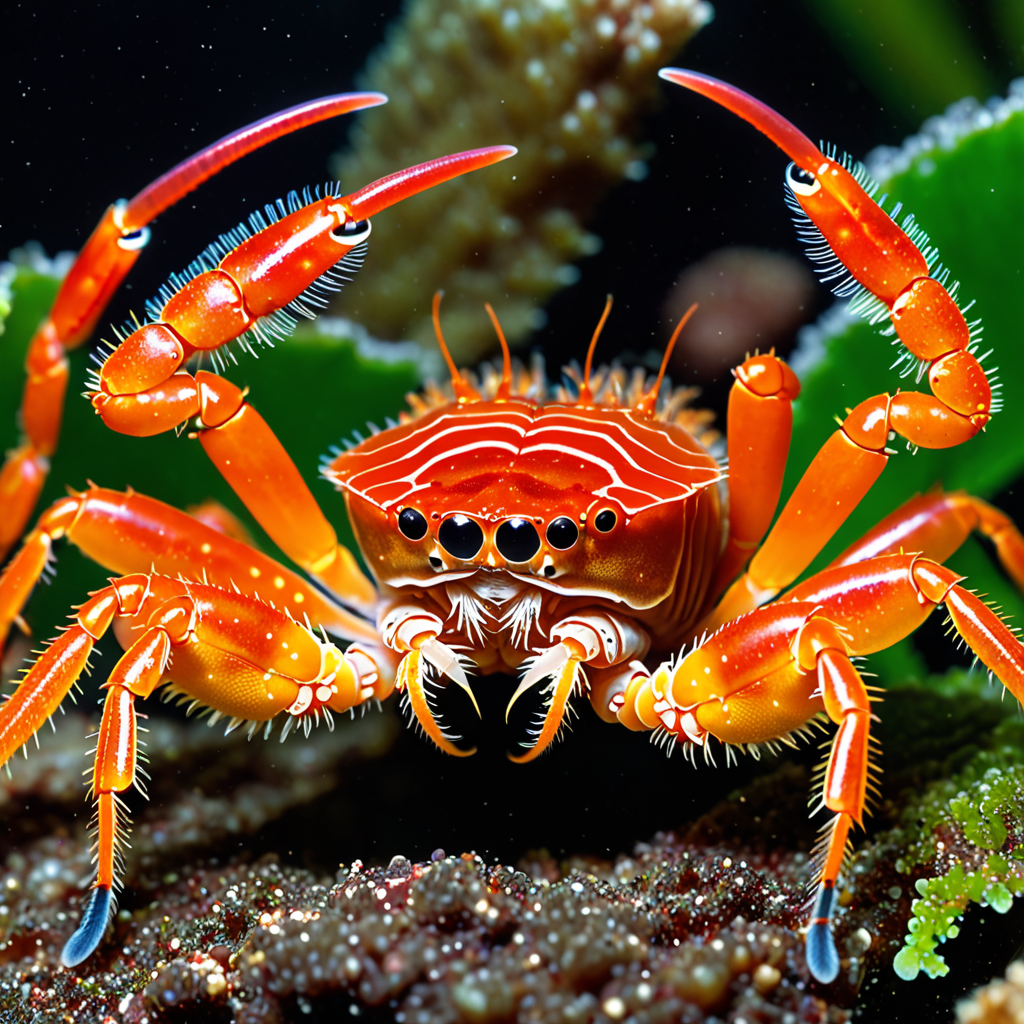
The Enigmatic Identity of the Squat Lobster
Unveiling its Scientific Name and Unrivaled Health Benefits
Introduction to the Squat Lobster
The squat lobster, a fascinating crustacean found in oceans worldwide, is a unique creature that has piqued the curiosity of marine enthusiasts and researchers alike. Known for its distinct appearance and potential health benefits, this diminutive yet remarkable species has garnered attention in recent years.
Uncovering the Scientific Name
The scientific name of the squat lobster is Munida, a genus within the family Galatheidae. The squat lobster encompasses various species within the Munida genus, each exhibiting its own distinguishing characteristics and habitats. These intriguing creatures are often found in deep-sea environments, as well as on the continental shelf, displaying a remarkable adaptability to diverse ecological niches.
The Diversity of Munida
Within the genus Munida, there are over 250 known species of squat lobsters, each contributing to the rich tapestry of marine life. Their varied sizes, colors, and behaviors make them a subject of interest for marine biologists and conservationists striving to understand and preserve the delicate balance of ocean ecosystems.
The Health Benefits of Squat Lobsters
Beyond their intriguing taxonomy and ecological significance, squat lobsters have also been a subject of interest due to their potential health benefits. Rich in protein and essential nutrients, these marine crustaceans offer a valuable source of sustenance for those seeking a well-rounded and nutritious diet.
Utilization in Culinary Delights
Given their nutritional value, squat lobsters have found their way into various culinary creations, appreciated for their delicate flavor and versatility in diverse dishes. Whether enjoyed in seafood stews, salads, or as a standalone entrée, the inclusion of squat lobsters in culinary endeavors provides a delectable and health-conscious dining experience.
Conservation Efforts and Sustainable Practices
As awareness of the importance of sustainable fishing and responsible consumption grows, efforts to protect the habitats of squat lobsters and ensure their continued presence in marine environments have gained momentum. By advocating for sustainable fishing practices and the preservation of marine ecosystems, we can contribute to the well-being of these remarkable crustaceans and the oceans they inhabit.
FAQ: Frequently Asked Questions
What is the scientific name of the squat lobster?
The scientific name of the squat lobster belongs to the genus Munida, encompassing various species within the family Galatheidae.
Are squat lobsters edible?
Yes, squat lobsters are edible and are valued for their protein content and nutritional benefits. They are often utilized in culinary creations and are prized for their delicate flavor.
Why are squat lobsters important for marine ecosystems?
Squat lobsters play a crucial role in marine ecosystems as part of the intricate food web. They contribute to the biodiversity of ocean environments and are indicative of the overall health of marine ecosystems.
How can individuals contribute to the conservation of squat lobsters?
Individuals can support the conservation of squat lobsters and marine biodiversity by advocating for sustainable fishing practices, participating in beach cleanups, and supporting organizations dedicated to marine conservation.
Where are squat lobsters typically found?
Squat lobsters are commonly found in deep-sea environments, as well as on the continental shelf, reflecting their adaptability to diverse ecological niches.
Do squat lobsters have any specific health benefits?
Yes, squat lobsters are rich in protein and essential nutrients, making them a valuable addition to a well-rounded and nutritious diet.
What are some popular culinary uses of squat lobsters?
Squat lobsters are often featured in seafood stews, salads, and various other culinary dishes due to their delicate flavor and versatility in cooking.


